Photo: On February 12, 2025, Taiwan’s Foreign Minister Lin Chia-lung welcomed Eswatini’s Deputy Prime Minister Thulisile Dladla and her delegation. (Provided by Taiwan’s Ministry of Foreign Affairs / Dajiyuan)
[Peope News] After the U.S. State Department removed its long-standing statement of "not supporting Taiwan independence" from its latest update on Taiwan-related facts on its official website, Taiwan’s Ministry of Foreign Affairs issued a statement on Sunday (February 16), thanking the U.S. government for its support of Taiwan.
According to Voice of America, in addition to removing the "not supporting Taiwan independence" statement, the State Department’s website also highlighted cooperation between the U.S. Department of Defense and Taiwan in technology and semiconductor development. The website further stated that the U.S. supports Taiwan’s participation in international organizations “when feasible.”
For years, the U.S. government has adhered to its "One China" policy based on the Taiwan Relations Act, the U.S. "Six Assurances" to Taiwan, and the three U.S.-China joint communiqués. This policy included not supporting Taiwan independence and opposing any unilateral changes to the status quo in the Taiwan Strait by either side.
On Thursday, the U.S. State Department’s update on Taiwan-related facts notably removed the "not supporting Taiwan independence" wording, though it retained its opposition to unilateral changes to the status quo by either side.
Like most countries in the world, the U.S. maintains formal diplomatic relations with Beijing while developing close, so-called "unofficial" relations with Taiwan, covering areas such as trade, culture, and even military and security cooperation. Over the years, the U.S. has provided Taiwan with various advanced defensive weapons under the Taiwan Relations Act.
In recent years, as Beijing’s military threats and pressure on Taiwan have intensified, U.S. support for Taiwan has strengthened, especially in the field of military and security cooperation.
“We oppose any unilateral changes to the status quo,” the State Department’s updated statement read, as reported by Reuters. “We look forward to cross-strait differences being resolved peacefully in a manner acceptable to the people on both sides, without coercion.”
Taiwan’s Ministry of Foreign Affairs issued a statement on Sunday, noting that Foreign Minister Lin Chia-lung expressed gratitude to the Trump administration for its attention to Taiwan. Taiwan will continue to strengthen its self-defense capabilities as well as its economic and social resilience.
"We welcome the support and positive stance reflected in this content regarding Taiwan-U.S. relations. We appreciate the Trump administration’s continued adherence to the Taiwan Relations Act and the 'Six Assurances,' demonstrating its commitment to peace and stability in the Taiwan Strait, Taiwan-U.S. economic and technological partnerships, and Taiwan’s international space," Taiwan’s Central News Agency quoted Lin Chia-lung as saying.
"Taiwan will continue to strengthen its self-defense capabilities and economic and social resilience, firmly safeguarding our homeland. At the same time, we will deepen cooperation with the U.S. and other like-minded countries to jointly promote the common interests and well-being of the people of Taiwan and other nations, as well as peace, stability, and prosperity in the region," Lin added.
Reuters reported that it had reached out to the U.S. State Department and China’s Ministry of Foreign Affairs for comment, but no immediate response was received due to the weekend.
The report noted that the U.S. State Department had also removed the "not supporting Taiwan independence" statement from its Taiwan fact sheet in 2022, but the statement reappeared a month later.
Since 1949, Taiwan and mainland China have been governed separately and are not subordinate to one another. However, Beijing insists that it holds sovereignty over Taiwan and has threatened to use force to achieve reunification. Taiwan’s Democratic Progressive Party (DPP) government rejects Beijing’s sovereignty claims and insists that Taiwan’s future can only be determined by its 23 million people.
Reuters also reported that despite President Trump, after returning to the White House, repeatedly accusing Taiwan of taking away America’s semiconductor industry and threatening to impose tariffs on imported semiconductor chips from Taiwan, Trump administration officials have consistently expressed firm support for Taiwan.
Last week, the U.S. Navy’s USS Ralph Johnson, an Arleigh Burke-class guided-missile destroyer, and the USNS Bowditch, a Pathfinder-class ocean survey ship, transited through the Taiwan Strait. This marked the first time U.S. naval vessels have navigated this key waterway this year.
Taiwan’s Ministry of Foreign Affairs also issued a statement on Sunday noting that Canada’s Royal Navy frigate HMCS Ottawa, a Halifax-class frigate, had transited the Taiwan Strait on the same day. The ministry stated that this move "demonstrated Canada’s firm determination to safeguard peace and stability in the Taiwan Strait through concrete actions."
This was the first transit of the Taiwan Strait by a Canadian naval vessel this year and the sixth such freedom of navigation operation by the Canadian Navy since 2022.
Taiwan’s Ministry of Foreign Affairs welcomed and commended the actions of the Canadian naval vessel.

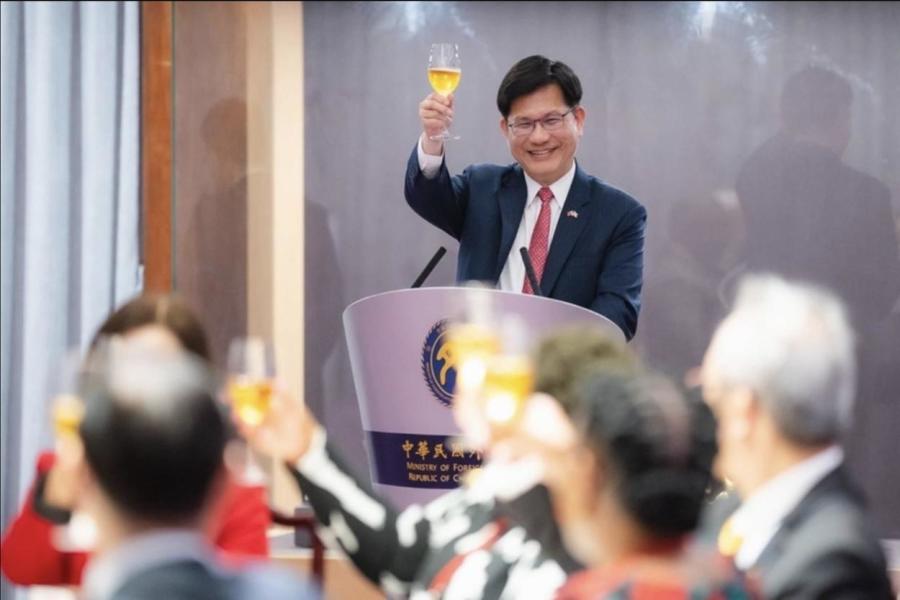


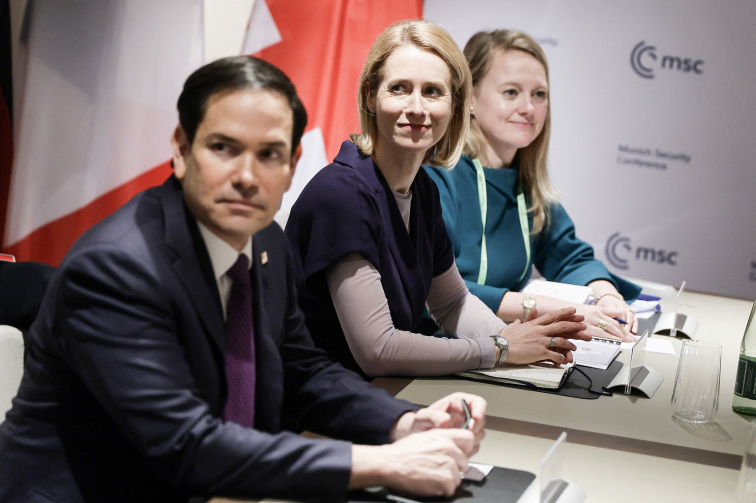


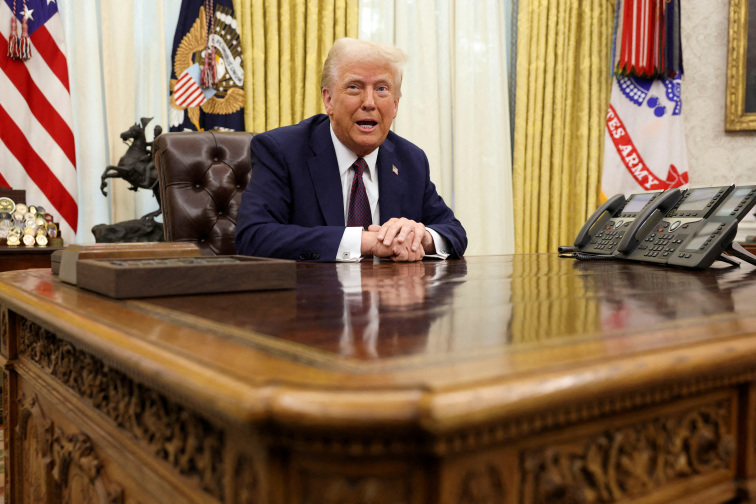
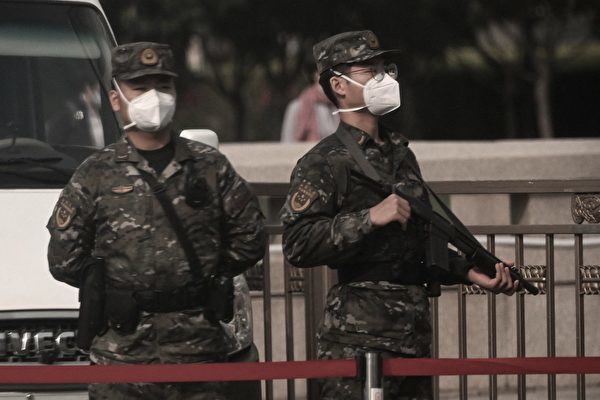
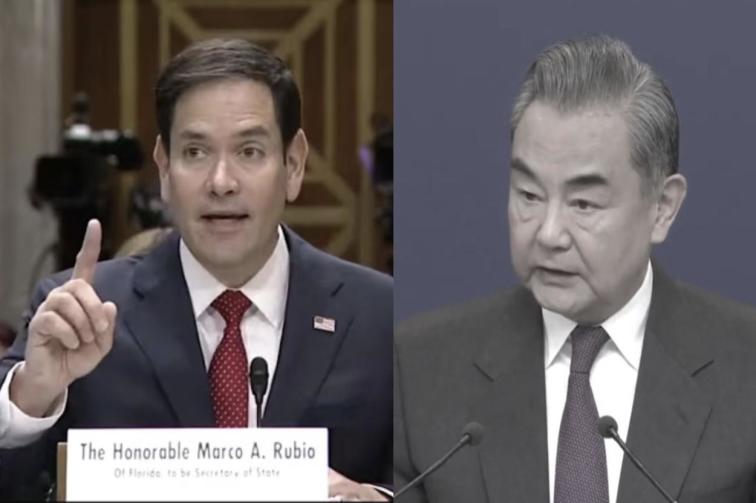

News magazine bootstrap themes!
I like this themes, fast loading and look profesional
Thank you Carlos!
You're welcome!
Please support me with give positive rating!
Yes Sure!